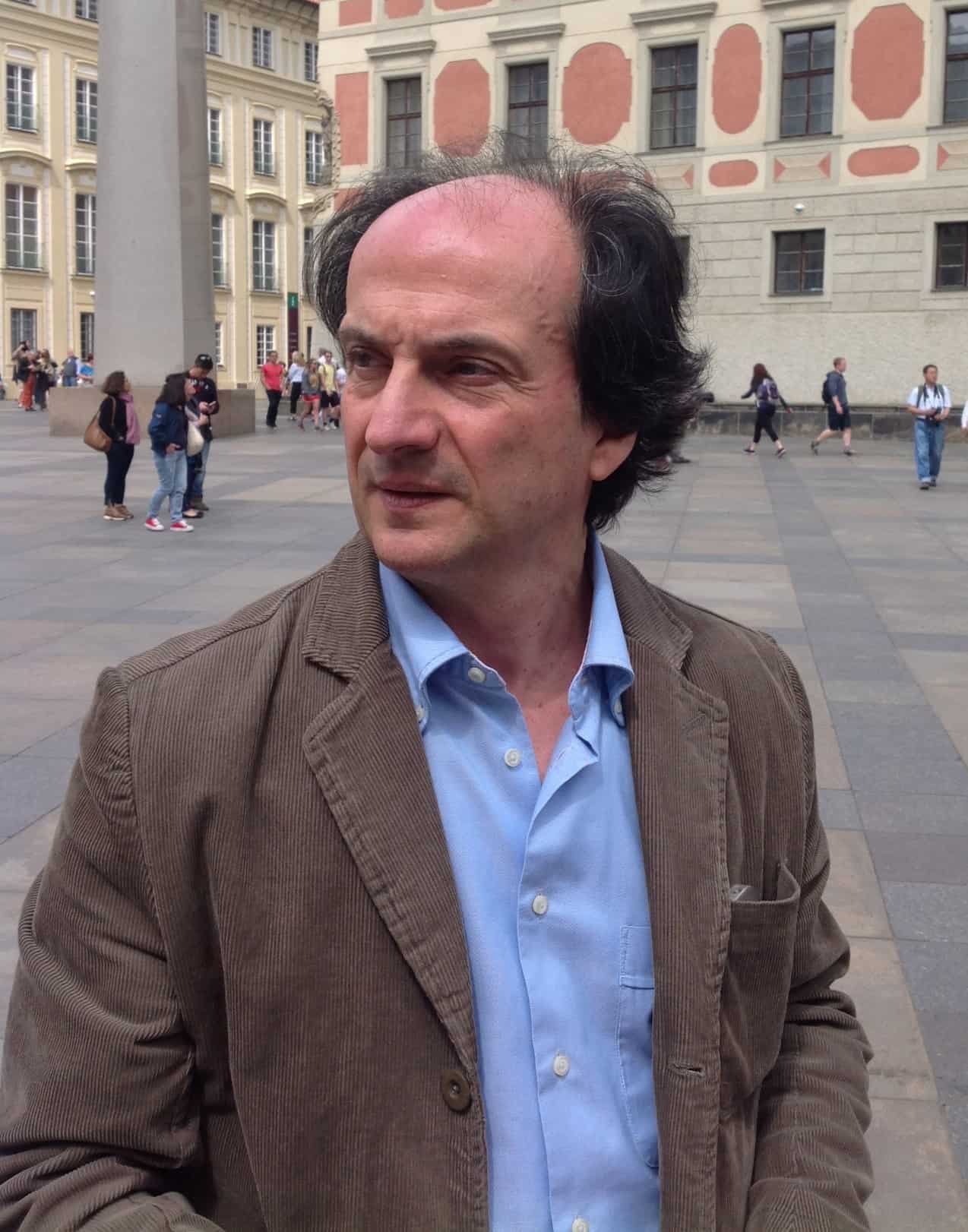
Giovanni Giorgini is a Full Professor of History of Political Thought at University of Bologna, a Life Member of Cambridge’s Clare Hall College and Visiting Professor in many international Universities such as Chicago, Columbia and Princeton. His primarily research interests are greek philosophy, twentieth-century liberalism and the recuperation of classical political thought in
contemporary philosophy. He is currently pursuing two fields of research: the link between Machiavelli and classical thought from a historical point of view, and, from a theoretic perspective, the problem of ancient and modern relativism and the strategies to counteract it; on this topic, Giorgini is writing an essay in which he attempts to utilize law’s notions to show the practical ineffectiveness of relativistic claims. Among his last published works The Roots of Respect (with
Elena Irrera, De Gruyter 2017) and The Brill Companion to the Reception of Athenian Democracy (with Dino Piovan, Brill 2020).
On Thurday, May 26th at 10 am. (CET), we held the CAS SEE Weekly seminar on the topic of “𝗥𝗲𝗹𝗮𝘁𝗶𝘃𝗶𝘀𝗺 𝗮𝗻𝗱 𝗶𝘁𝘀 𝗗𝗶𝘀𝗰𝗼𝗻𝘁𝗲𝗻𝘁𝘀” with 𝐆𝐢𝐨𝐯𝐚𝐧𝐧𝐢 𝐆𝐢𝐨𝐫𝐠𝐢𝐧𝐢, presented by our Fellow 𝐀𝐜𝐡𝐢𝐥𝐥𝐞 𝐙𝐚𝐫𝐥𝐞𝐧𝐠𝐚.
Relativism, the view that all knowledge is relative to some percipient subject and that there is no universal, objective truth, is a product of the advancement of knowledge. Knowledge of different customs brought about a challenge to knowledge itself. Some daring thinkers argued that there was thus an obvious contrast between what is valid by nature, always and everywhere, and what is valid by custom or law, and is therefore situated in a specific time and place. Nowadays, it is especially moral and cultural relativism that holds the sway. The problem of relativism, when applied to practical matters, is still more interesting and commands our attention for its consequences. Is there any standard, besides our preferences, likes, and dislikes, by which we may evaluate competing claims about entities of the utmost importance (values, political arrangements, religion, scientific
theories about man and the universe)?
UNIRI The Moise Palace: Cres Island
An education center of the University of Rijeka. A five-hundred-year-old patrician townhouse and the largest Renaissance palace on the Croatian islands. A venue and forum for various scientific and research activities, it welcomes visiting academics, students and scholars.





